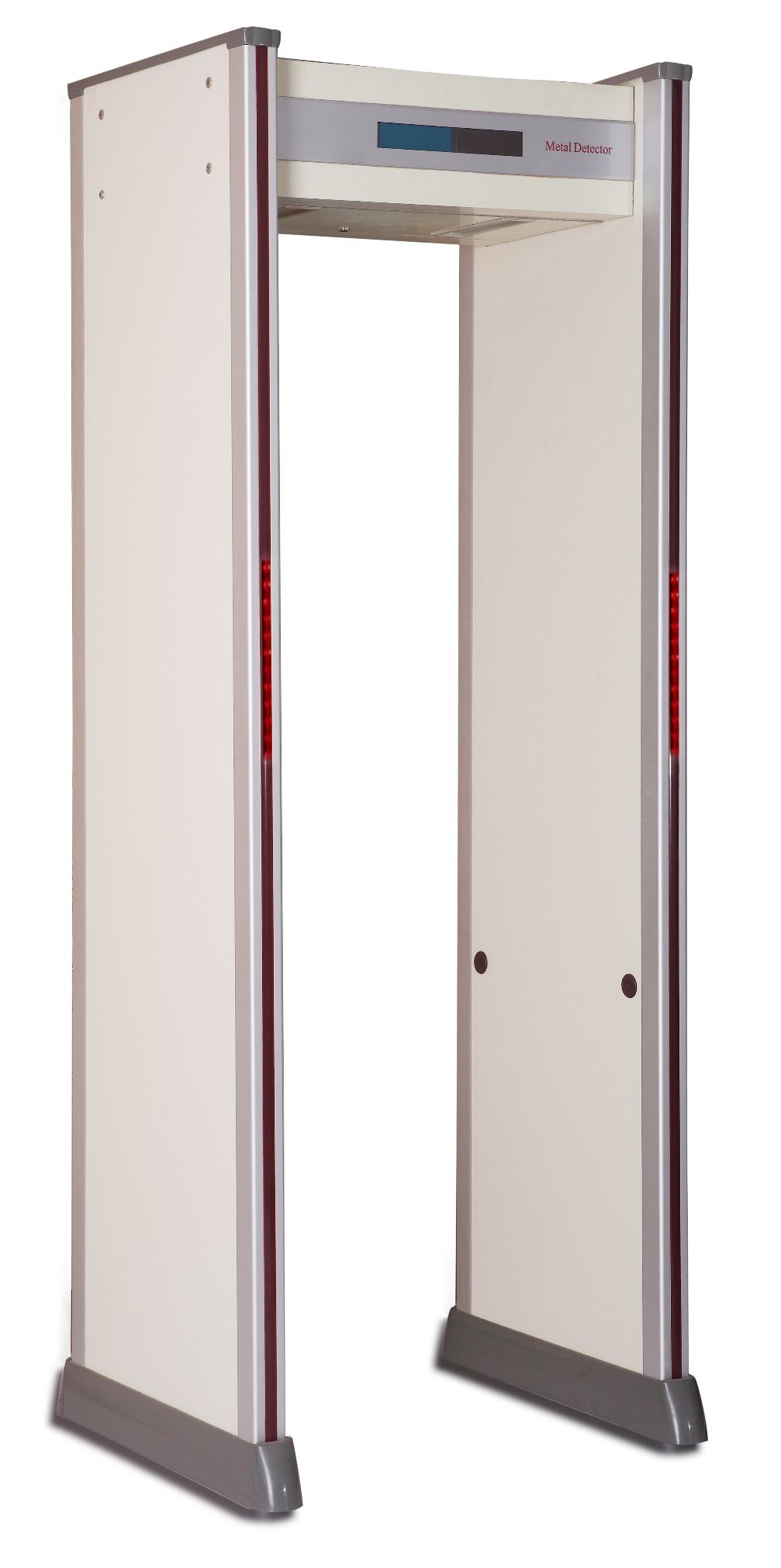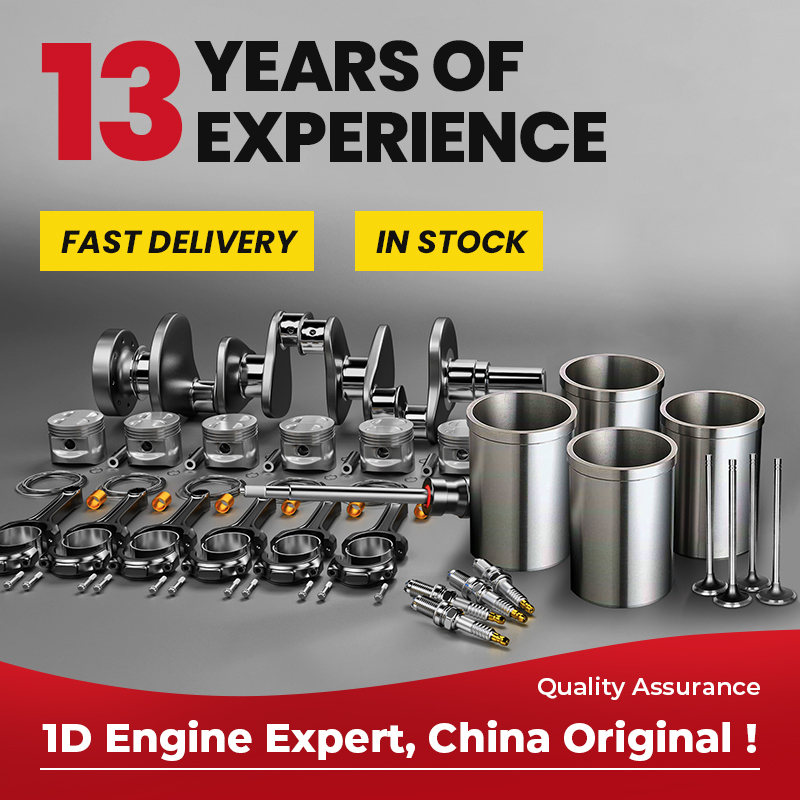
Most friendly operation interface Model No.: AT300B
----------------------Walk-through Metal Detector
--------------------------------------------------------------------------------------------------------------------------
Perfect weather-proofing design for outdoor use
Easy to Install, Simple to Operate
| Technical specification | |
| Electrical current: | AC 100V~240V, 50/60Hz |
| Power: | 10W |
| Work environment: | -20ºC ~ +45ºC |
| Gross Weight: | 70kg |
| Outer frame: | 2220mm (h) x 820mm (w) x 610mm (d) |
| Inner frame: | 2000mm (h) x 700mm (w) x 610mm (d) |
| Characteristic | |
| IP55 weather proof design, supporting outdoor work | |
| Operation way: remote control only | |
| Two LED light bars on both door panels: gives alarm corresponding to the height or human body. 6/12/18 Pinpoint zones to precisely identify multiple target locations from head to toe. | |
| Advanced broadband detection technology: can detect ferrous and non-ferrous articles. | |
| Sensitivity adjustable from Level 0 to 299 | |
| High: Can detect a clip | |
| Low: Detect big metal articles such as knife, gun, and copper, aluminum, zinc (more than 150g), ignoring metal in belt button, shoes. | |
| Shock proof to avoid false alarm | |
| Sound and light alarm | |
| Intelligent traffic and alarm counters that calculate traffic flow and resultant alarms. | |
| Tamper-Proof: operate program is protected by password. | |
| Adjustable operating frequencies---eliminate the potential effects from X-ray units, radios and other electrical interference sources. | |
| Mix distance between two Walk-thru: 0.3 meters at low sensitivity, 0.5 meters at high sensitivity | |
| Harmless to pregnant woman and heart pacemaker | |
| (Optional) Connect with computer, camera, turnstile, etc. | |
**Features of Super Metal Scanner Door:**
1. **Materials and Displaying:** Uses fireboard materials and an ultra-large LED panel, making it convenient for operators to monitor.
2. **Six Detecting Areas:** Six overlapping detection zones allow multi-area alarms and accurate identification of metal objects based on their position.
3. **Multilingual Operation:** The LCD supports both English and Chinese menus, offering easy and user-friendly navigation.
4. **Adjustable Sensitivity:** With a range from 0 to 100, it can detect even small items like clips while minimizing false alarms from common items such as coins, keys, and jewelry.
5. **Strong Anti-Interference Capability:** Utilizes digital, analog, and balanced technology to prevent false or missed alarms, significantly enhancing performance.
6. **Password Protection:** Ensures only authorized personnel can access and operate the system, providing high security.
7. **Smart Counting Function:** An intelligent counter tracks passenger flow and alarm occurrences for better management.
8. **Safe for Human Use:** Completely safe for individuals with heart pacemakers, pregnant women, and sensitive electronic devices.
9. **Easy Installation:** Designed for quick setup—installation or dismantling can be done in just 20 minutes. --- This revised version maintains all the original information but presents it in a more natural, readable, and professional tone.
3. The top of the diesel Engine Piston often has a variety of pits, and its specific shape, position and size must be adapted to the formation and combustion requirements of the diesel engine mixture.
The production process of a piston usually involves several steps, including casting, machining, heat treatment, surface treatment and assembly.
1. Casting: The first step in the piston production process is casting. This involves pouring molten metal, such as aluminum alloy or cast iron, into a mold to form the desired piston shape.
2. Machining: Once the piston is cast, it is machined to perfect its shape and size. This involves using cutting tools, such as lathes and milling machines, to remove excess material and create the final shape of the piston.
3. Heat treatment: After processing, the piston is usually heat treated to improve its mechanical properties. This involves subjecting the piston to high temperatures and then cooling it slowly to achieve the desired level of hardness and strength.
4. Surface treatment: The piston is then subjected to surface treatment, such as anodizing or coating, to prevent wear and corrosion. Anodizing involves forming a protective oxide layer on the surface of the piston, while coating involves coating a material, such as ceramic or polymer, on the surface of the piston.
5. Assembly: Finally, the piston is assembled into a complete engine assembly with other components, such as piston rings and connecting rods.
The installation process must properly assemble the piston and other components together to ensure the normal operation and performance of the engine.

MITSUBISHI Piston set,Engine piston set for MITSUBISHI,Original piston Set,Original MITSUBISHI Engine piston
1D auto parts , https://www.1dauto.com